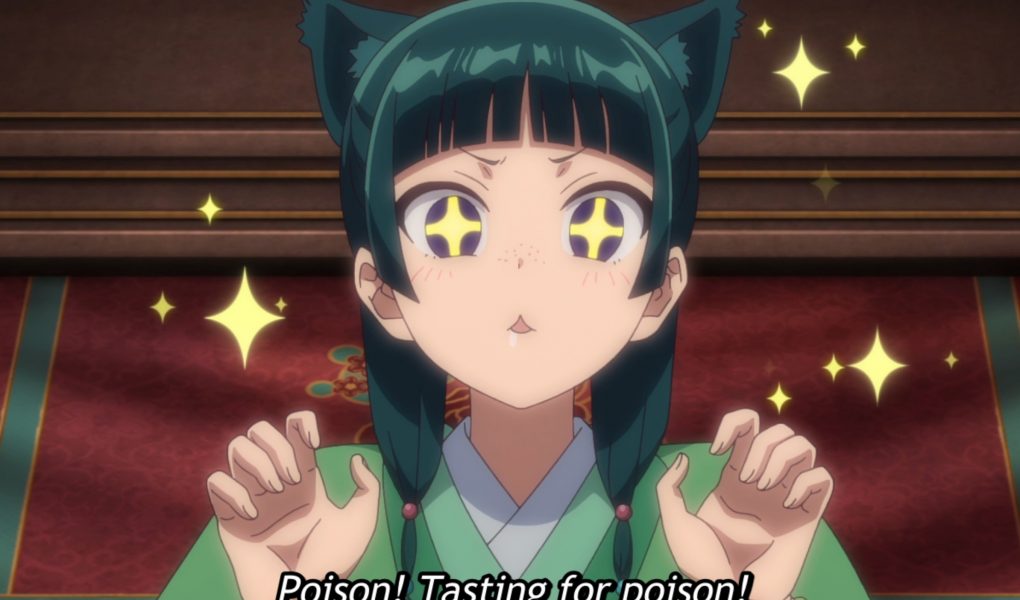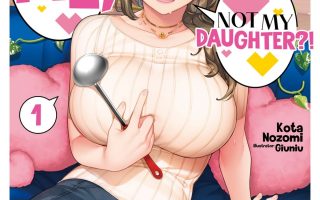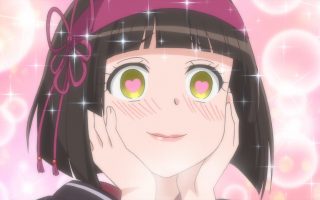The first arc of The Apothecary Diaries begins and ends with a mystery that relatively few people in modern Japan have to reckon with: why would a baby die before their first year of life?
It’s a stark window into a time when high infant mortality rates were seen as an unavoidable fact of life. In historical China, the infant mortality rate was above 40%, and that’s a conservative estimate. A common wisdom stated by characters in the novel is that you can’t really count on an infant surviving to adulthood until they’re past the age of seven. Even the most privileged members of society aren’t surprised to see their children die.
Given the pervasiveness of the problem, it’s understandable that even the learned physicians are at a loss to explain the individual causes behind any particular death. It takes Maomao, the intrepid apothecary and pseudo-detective of the tale, to piece the truth together with her medically accurate understanding of drugs and biology.
Maomao is an interesting character, not simply because she is a poison-loving gremlin but because everything she knows is technically within the bounds of what a person in pre-modern China could know. Sort of. She does have access to a bit of anachronistic insight because her father figure studied medicine in a western country, although that knowledge is also pre-modern. By combining the two disciplines and exclusively espousing the medical knowledge that holds up under scientific rigour, Maomao regularly impresses even a twenty-first century audience with her insights.
What this ends up demonstrating is that pre-modern medicine was actually fairly robust in its own right. Doctors grasped pieces of the puzzle, even if they were mixed up with scientifically unsound cultural ideas. Maomao never brings up the European practice of bloodletting, for instance, nor does she ever associate her cures with the five elements in traditional Chinese medicine. In that sense, she’s a deeply anachronistic character. But the point is that the things she knows can be observed by anyone even without a scientific background.
Transplant a character like Maomao into the imperial court, and all of a sudden the mysterious mishaps that an onlooker would shrug off as “part of the times” have a real explanation. Sometimes, like in episode 14, Maomao’s insight is no more profound than “flour is easily combustible”—not common knowledge by the standards of the day, though certainly not a satisfying reveal in any other kind of setting. This simplicity makes Maomao a more believable character within the world she occupies while still drawing attention to the gap between modern and pre-modern science.
All of this is to say that The Apothecary Diaries is an excellent example of a historical (or pseudo-historical) mystery. This kind of story brings the audience into a different cultural worldview, where modern science shouldn’t be taken for granted, and impresses them all over again with the timeless art of logical thinking. A detective who is anachronistic but not too anachronistic—that’s the key. By making Maomao a quirky oddball by anyone’s standards, and who technically only knows things someone in her era could know, The Apothecary Diaries achieves that very fine balance.
If it wasn’t already obvious, The Apothecary Diaries is a very charming show based on an equally charming book. The mysteries may not be the absolute highlight of the plot, but they’re an indispensable part of what makes the characters and setting so engrossing. With her razor sharp wit and unabashed nerdery for unusual pursuits, Maomao is a heroine for the ages. Move over, Edogawa Conan, the anime world has a new ace detective.
(Incidentally, the author of Detective Conan is a great admirer of The Apothecary Diaries and even drew Maomao in a detective spotlight. Her fame has penetrated far and wide!)




